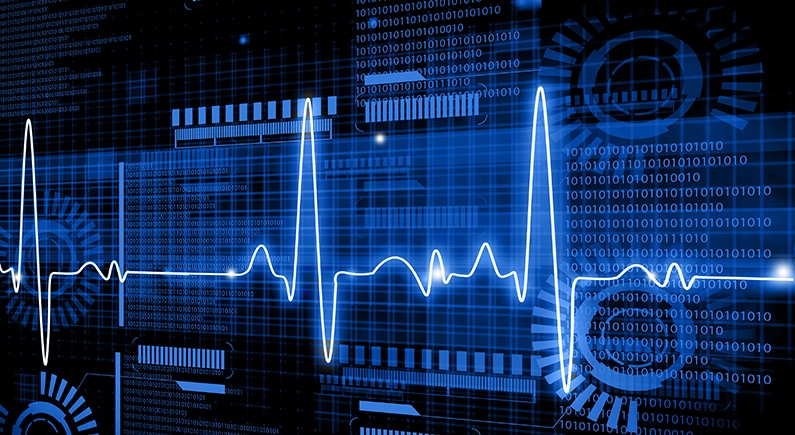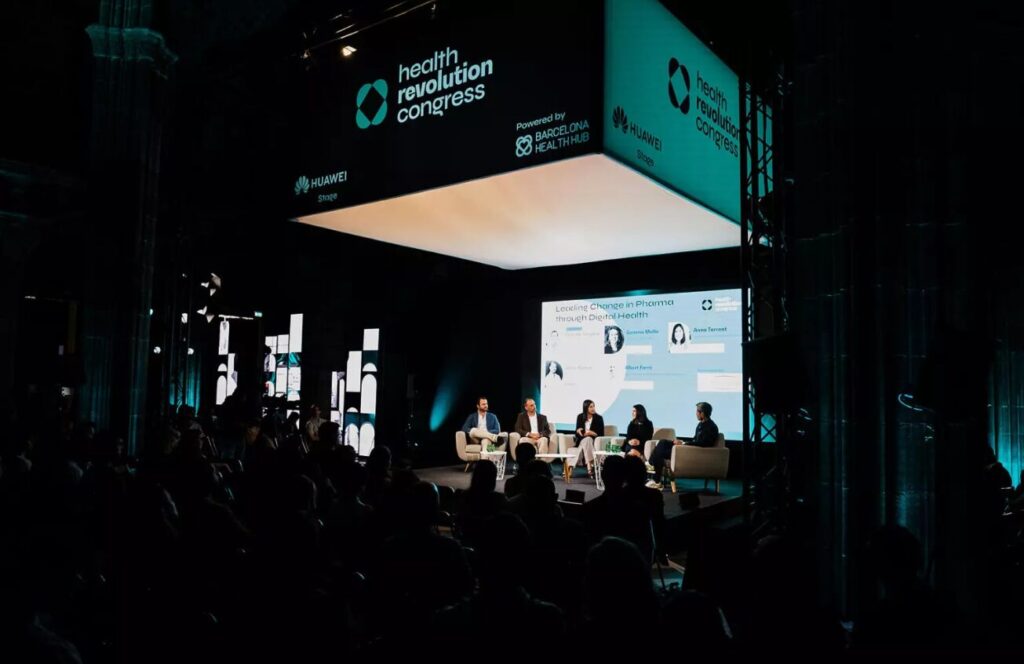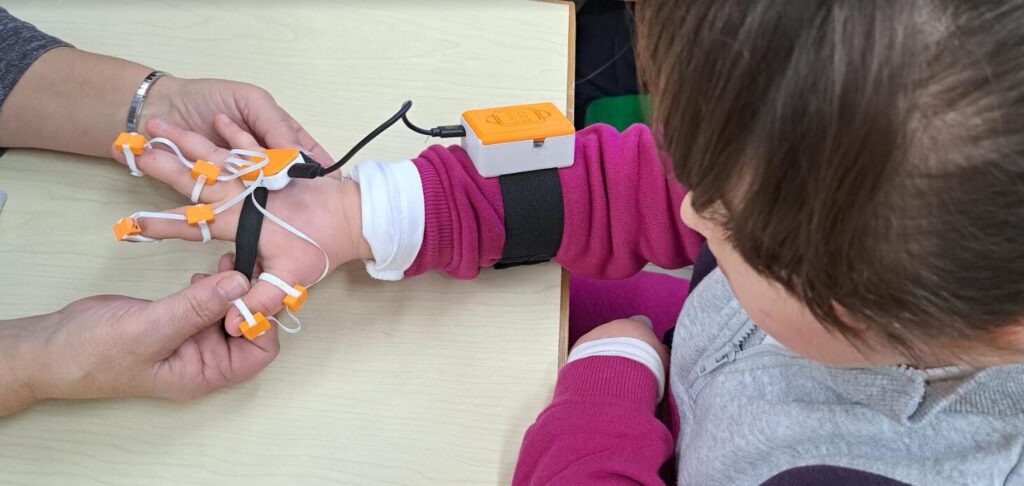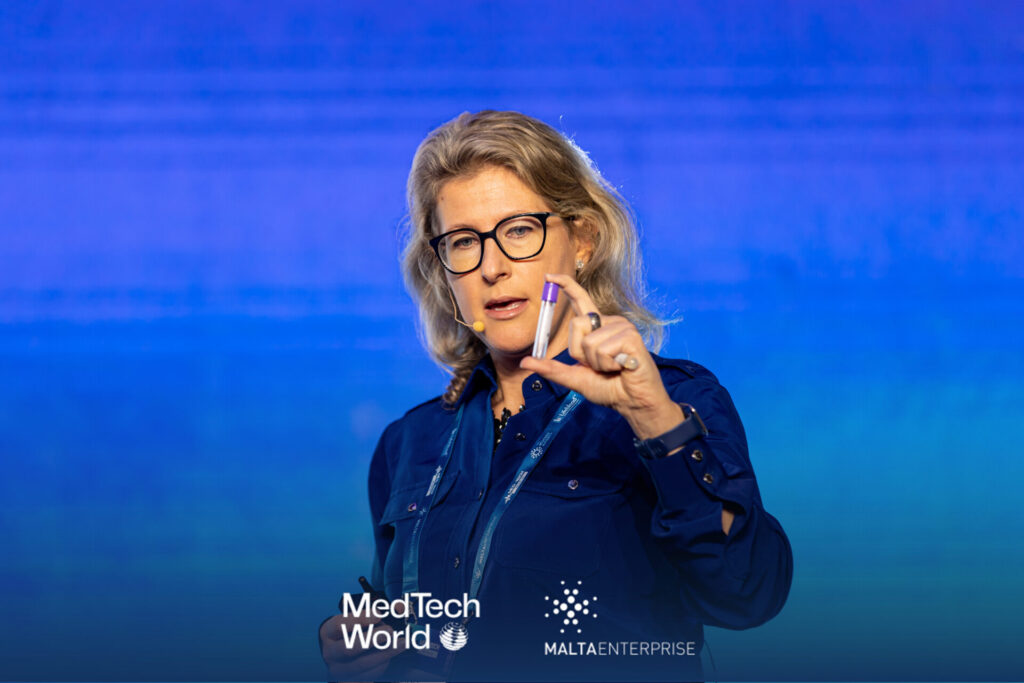
Michael Joe Cini
14th June 2022
Smart hospital technology advancing the Healthcare sector
Due to the unimaginable and revolutionizing potential of artificial intelligence in healthcare and how the field of medical AI is buzzing, many companies have taken it upon themselves to propagate the use of AI in medicine.
Nvidia-powered AI: an eco-friendly means of improving patient care in smart hospitals
One of such companies is NVIDIA which, according to the article released on NVIDIA Blog, is collaborating with clinical organizations across Europe to bring AI to the point of care. This will reinforce clinical pathways with efficiency gains and new data dimensions that can be included in medical decision-making processes.
In the same article, it was reported that The University Hospital Essen, Northwestern Germany, intending to take machine learning from the bits to the bedside, is using NVIDIA technology and AI to build smart hospitals. The Institute for Artificial Intelligence in Medicine (IKIM), established by research groups, developed a technology that is integrated with the IT infrastructure of University Hospital Essen.
In clinical applications, AI is predominantly used for diagnostic purposes. Analysis of medical images is the area where the development of artificial intelligence models is most advanced. In agreement with this, IKIM hosts a data annotation lab that accelerates the labelling of anatomic structures in medical images using MONAI. This is overseen by a team of board-certified radiologists.
MONAI was, in collaboration with other clinical and research organizations, created by NVIDIA. It is an open-source, PyTorch-based framework for training, labelling, building and deploying AI models for healthcare imaging. Artificial intelligence models that generate high-quality labels for the hospital’s CT scans and MRIs were pre-trained by the IKIM researchers using self-supervised learning.
The IKIM team also developed a smart hospital information platform (SHIP) used to conduct real-time analysis of data in university smart hospitals.
SHIP, an AI-based central healthcare data integration platform and deployment engine can pinpoint data-driven associations between healthcare metrics like genetic traits and patient outcomes. It enables quicker diagnoses and treatments by flagging an abnormality on a radiology report and notifying physicians via real-time push notifications.
Data in healthcare is sensitive, and a secure networking solution reinforces the protection of patient data and improves access policy to key IT software and infrastructure. Data is key to every aspect of medicine, therefore there is a need to capture, store, analyze, and deploy the information that is increasingly flowing in to improve medical product design, and the health of patients.
Felix Nensa, a professor at the School of Medicine of the University of Duisburg Essen, says his hospital has over 450 IT systems, including the ones for hospital information, radiology and laboratories. Each IT system consists of critical patient information that’s interrelated. The data from the systems is connected via SHIP by automatically translating it into a description standard referred to as fast healthcare interoperability resources (FHIR). Once translated, the information can be easily accessed by researchers, data scientists, and clinicians for real-time AI training and analysis based on NVIDIA GPUs and DGX A100 systems.
The Greener, The Smarter
In addition to making a quicker diagnosis, reducing physician workload, and increasing time for patient care, artificial intelligence in hospitals boosts sustainability efforts.
University Hospital Essen, being a highly specialized medical center, has to be available 24-7 year-round for reliable patient treatment. This is energy-consuming. SHIP however helps to conserve energy by automating tasks and optimizing processes to reduce friction in the workflow. IKIM also reuses the energy emitted by GPUs in the data center, making the University Hospital Essen greener.
More recently, NVIDIA experts are working in collaboration with others which has led IKIM to kickstart projects using AI for medicine. IKIM is also building SmartWard technology to provide an end-to-end AI-powered patient experience in hospitals. The IKIM team will integrate the NVIDIA Clara Holoscan platform for medical device AI computing.
About Med-Tech World:
It is now estimated that the global digital health market will increase to around $640 billion by 2026. Through our expertise coupled with optimized networking, we will ensure that both investors and startups are on the ground floor of this health revolution. The event which is organized and curated alongside a team of doctors, attracts legislators and policymakers, medical professionals, and investors from across the world, addresses the opportunities and challenges driving this million-dollar forum.






